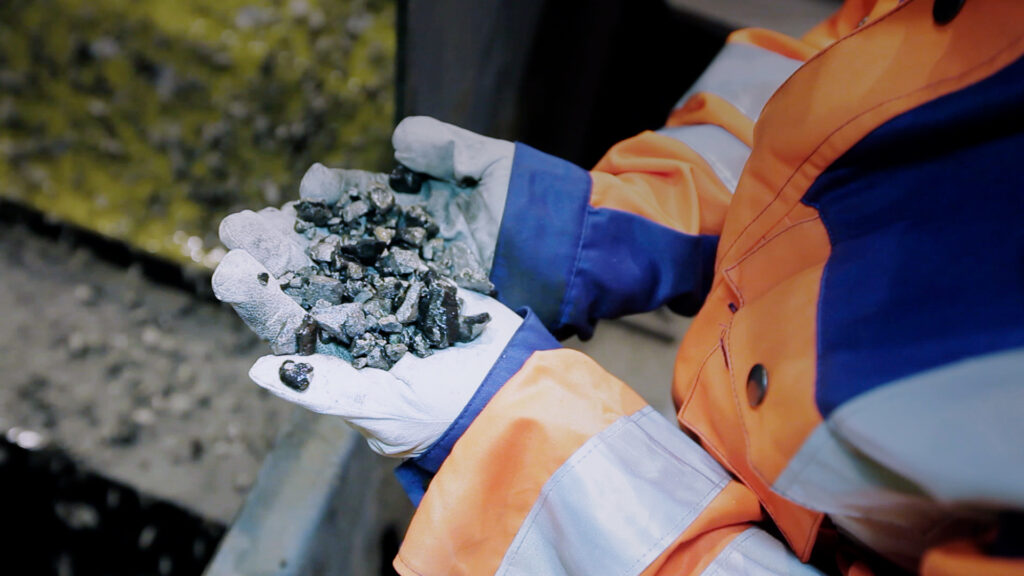PREVIOUS
Tapojärvi and Hannukainen Mining are developing digital tools and systems for the mining industry
Founded in 1955 and based in Finland, Tapojärvi is a multinational company operating in Finland, Sweden and Italy. Tapojärvi specialises in industrial circular economy services and mining operations.
Only a few decades ago, Tapojärvi offered industrial and mining services in the traditional manner as a contractor. However, we noticed that valuable raw materials were lost during the different phases of production, and most of them were disposed of as non-recyclable final waste.
Recovering metal from slag during the smelting process is an important phase in the steel industry.
“Tapojärvi has focused on this by developing and constantly improving its metal recovery process. Tapojärvi’s trump card is the maximal recovery of metal from slag, which strengthens the company’s position as a global leader in the industry,” says Henri Pilventö, Tapojärvi’s Chief Commercial Officer.
More sustainable use of natural resources
Today, Tapojärvi works with its customers to find solutions for using natural resources more sustainably.
The company has generated new business that benefits, most of all, the environment but also brings cost savings to its customers.
Tapojärvi processes 47.9 million tonnes of material at its mines and mills annually. Some of the processed material consists of industrial by-products. Tapojärvi gives a new life to already used materials and resources through processing and recycling. The company operates as part of an industrial-scale circular economy that is constantly processing industrial by-products and innovating new solutions for the mining industry.
“Different industries, including the mining industry, play an integral role in developing technology that slows down climate change.”
Industrial raw materials are needed for electric cars, new climate and energy solutions, and to facilitate the digital transition. All of this contributes to achieving the ambitious zero-waste vision globally.
“Tapojärvi aims to be the world’s leading industrial circular economy company in 2035,” Pilventö says.
